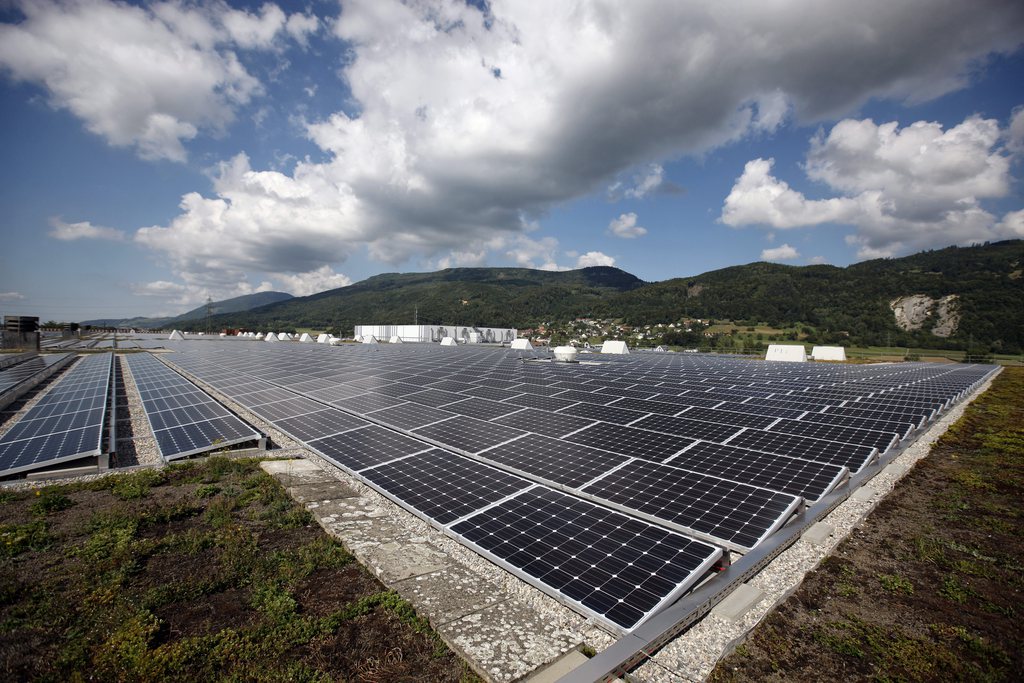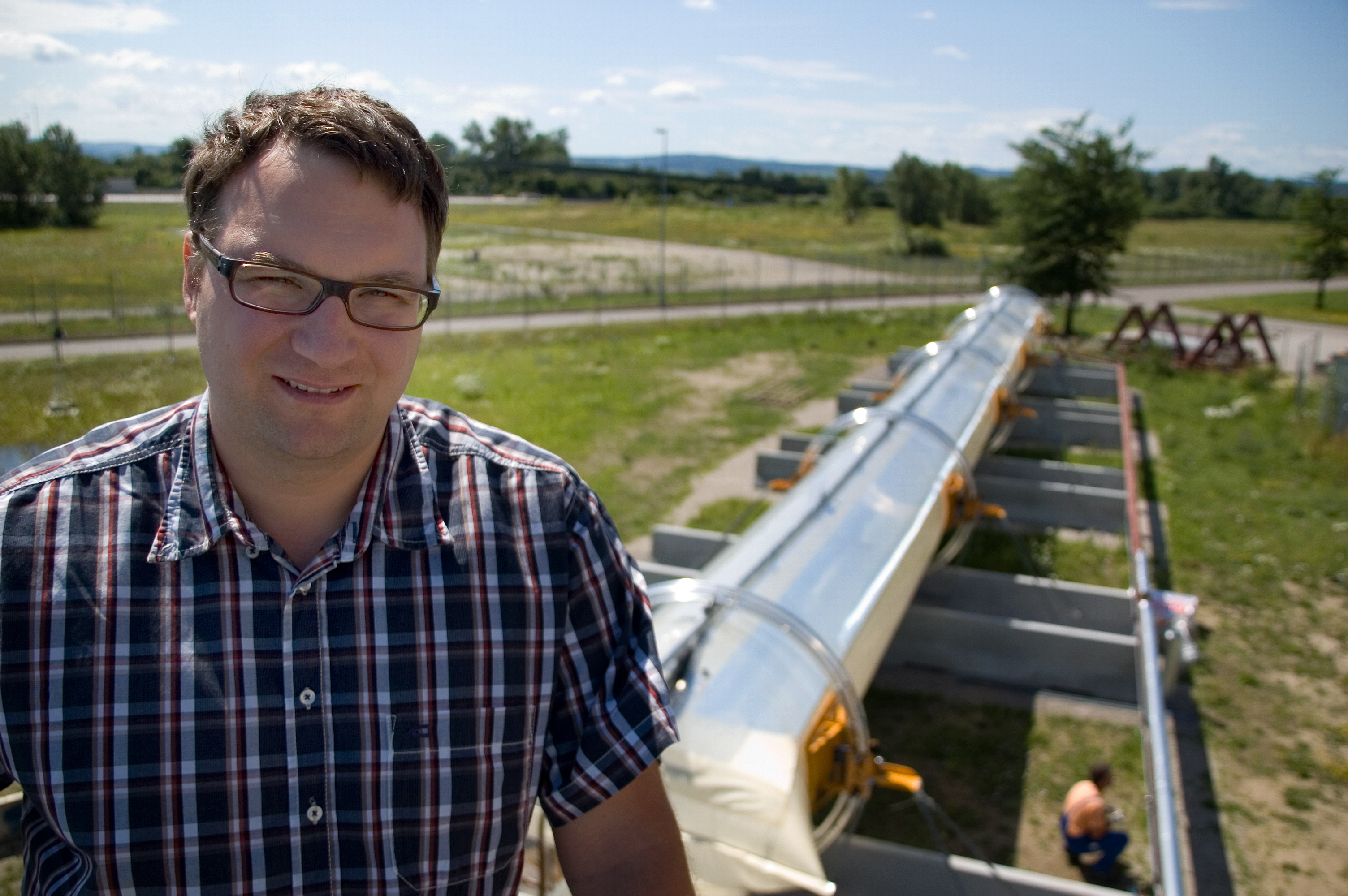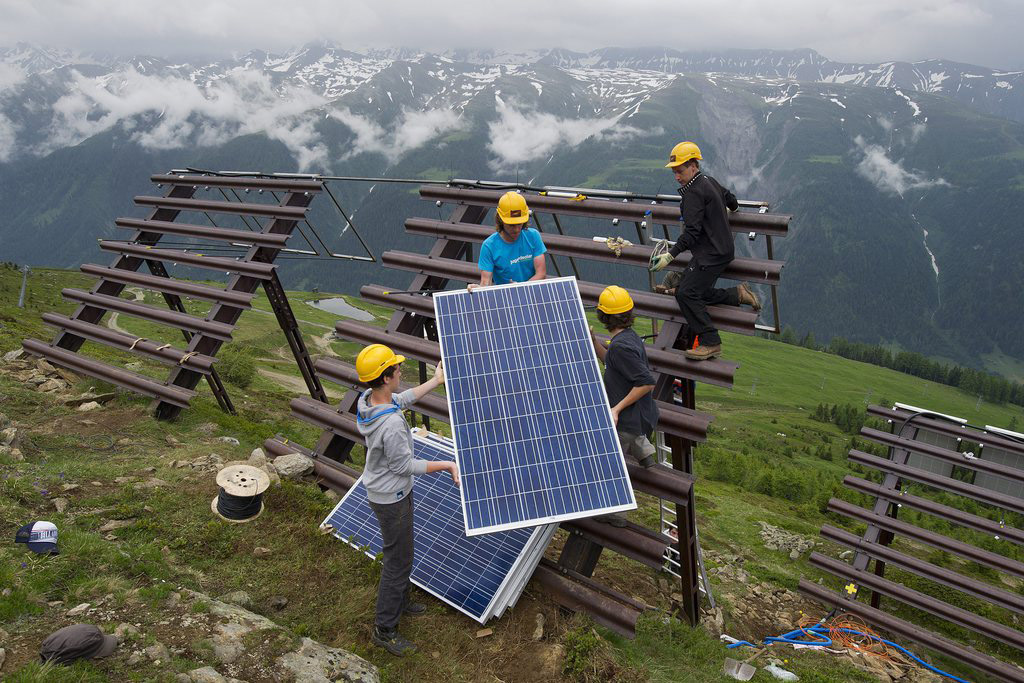Solar power output almost doubled in 2013

Solar energy production in Switzerland nearly doubled in 2013 according to the trade association Swissolar. Solar power facilities covering a surface area of 2.1 square kilometres were built, although the growth rate of solar panel installation fell.
Across the country, the solar power output increased to 730 megawatts, equalling 1% of power needed nationally, or the yearly amount required for around 200,000 households.
However, growth in the installation of new solar panels is tapering off, with 2013 seeing just a 30% increase in installations over the previous year versus a 60% increase in 2012. Parliamentarian Roger Nordmann, who is also the president of Swissolar, told the NZZ am Sonntag newspaper that this could be attributed to changes in government policy and investor uncertainty about whether solar panels could be maintained in a cost-efficient way given the new mandates.
Last year, the Swiss government announced that as of January 1, 2014, it would change the time period during which it would financially support solar facilities from 25 to 15 years and would lessen the amount of its payments.
Still, Nordmann believes a new one-time support payment for newly installed small solar facilities “will encourage many private citizens to install solar panels” in coming years.
As part of its latest energy strategy, the Swiss government has said solar power must make up 2% of the country’s overall power usage by 2050. However, Swissolar said it will reach that mark by 2016 and proposes a 2050 goal of 5% instead.
As part of this aim, the association is calling for more development money for solar power facilities, above cost-covering compensation for power fed into the grid. They want this amount to be raised to 2.3 cents per kilo-watt hour.
If this were to be the case, Swissolar said they believe the power generated by the controversial nuclear reactors Mühleberg and Beznau could be replaced by renewable sources.

In compliance with the JTI standards
More: SWI swissinfo.ch certified by the Journalism Trust Initiative


You can find an overview of ongoing debates with our journalists here. Please join us!
If you want to start a conversation about a topic raised in this article or want to report factual errors, email us at english@swissinfo.ch.